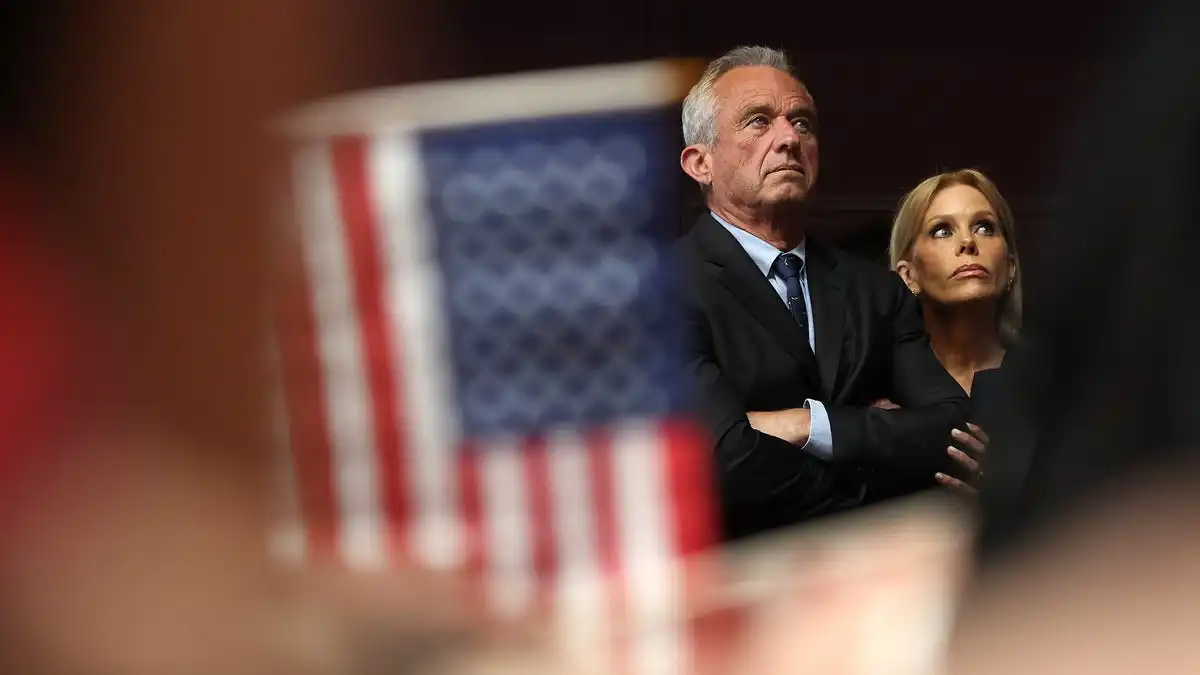In some cases, 3rd party candidates are a form of collective organization. In others, they are one guy trying to buy the airwaves or pretend there is a movement that does not actually exist.
Fair enough. There are a lot of reasons why a 3rd party candidate might gain traction, and discrete policy differences is really only one. I would say of those you mentioned, only Cornell West has a coherent policy strategy worth speaking of. But they do still represent collective power, especially when they receive some marginally significant portion of a vote; they just don't necessarily represent a group that could be appealed to via policy. There's real effort that needs to be spent identifying why any candidate might be receiving attention, and they don't always represent a policy failure so much as general frustration (e.g. anti-establishment candidates and voters). But just because those candidates/parties/voters don't represent a clear objective doesn't mean there isn't power in their existence, nor does it mean their existence is random. It's for this reason single-issue challengers are more effective, because there's a policy disagreement that is clearly legible that can be responded to (Yang with UBI, Bernie with income inequality, Greens with democratic reform, ect). When there's a clear objective being communicated, a collective block of voters can move the needle.
This also isn't limited to 3rd party candidates; the current republican national committee and nominee is made primarily of aesthetic fascist components and no real policy direction, and they represent close to 50% of the national voting base. It's extremely important to understand why that movement attracts so many voters, and I think there's a real lessen for Democrats to take from the growth of anti-establishment voting blocks since 2016.
Minority parties do not form an alliance in order to govern.
No argument there. The point of voting 3rd party (or from abstaining, or ticket splitting, ect) isn't to play electoral politics, it's to communicate some dissatisfaction with the primary choices on offer. The US faces a very serious crisis of democracy, but it's not for the reason most liberals think. The US presidential system is failing, in large part because it's electoral system has consistently failed to produce effective nominees and its congress has settled into an unproductive pattern of aesthetic opposition. If democrats were honestly concerned for the health of the democracy, they'd be paying more attention and addressing the concerns of those people threatening to vote 3rd party, abstain, or vote for a fascist. Instead they're hand-wringing about 'the other guy' and refusing to put forward clear policies to address the crisis. Even if they pull out a win in November, a fascist takeover will only become even more likely next cycle unless they enact bold policy.

